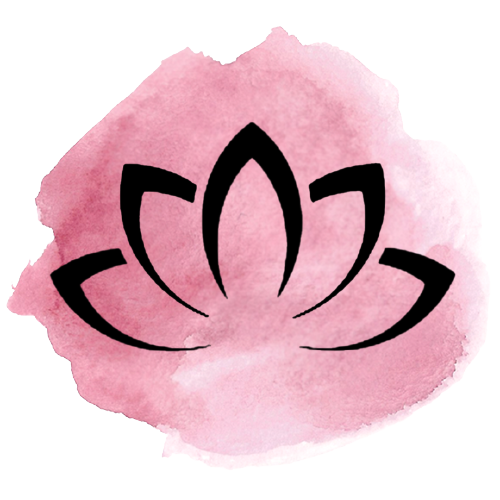Blue Sun Palace
Constance Tsang’s directorial feature debut is a collection of intimate, swaying close-ups and static, long uninterrupted shots which together paint a tender picture of the Chinese migrant community in Flushing, Queens. The world is big, but this community is tight-knit. Blue Sun Palace follows Didi (Xu Haipeng) and Amy (Wu Ke-Xi) who both work at the same massage parlor. Cheung (Lee Kang-sheng), a married construction worker sending money back home to China, floats in and out of the film just as he floats in and out of their lives. A sudden incident changes their bonds forever. Despite the devastation in the film, Tsang approaches her characters with quiet reverence and without judgement, culminating in a beautifully sensitive depiction of human connection. In the tight close-ups, the camera captures a small twitch of the brows or the beginnings of a hesitant smile. In the static shots, Tsang gives her characters a quiet place to breathe or smoke a cigarette. The aftermath of important events are blurred over and weeks frequently skip, though we still see the changes on the calendar or in the closeness of the characters. Sometimes, there is more in the unspoken.
Blue Sun Palace Promotional Poster from SDAFF Spring Showcase
It isn’t surprising, then, that the film is titled Blue Sun Palace after the restaurant Didi and Cheung love frequenting, and which is later introduced to Amy. The film opens in Blue Sun Palace, the restaurant, and we watch as Didi and Cheung eat spicy chicken on their date. Didi doesn’t shy away from using her hands, and Cheung tells her to eat more. The atmosphere is flirty but uncertain, and it is over the course of the meal that Didi and Cheung become more sure of one another. Likewise, Amy and Didi’s dream is to open a restaurant in Baltimore together and the girls at the massage parlor gather for shared meals after hours. It may seem commonly overstated, but in a film where connection is something that can be paid for at the massage parlor—physical connection that is explicitly not supposed to be sexual, regardless of what customers often come in looking for—the home-cooked meals in this film are made more special as displays of community.
As old friendships shift out of place, new relationships take center-stage, and past dreams move into unexpected reality, food in Blue Sun Palace remains a way to connect to one another, strangers and the familiar alike. Whether in Queens or in Baltimore, a warm meal will take you far before braving the chilly winds of the beach.


